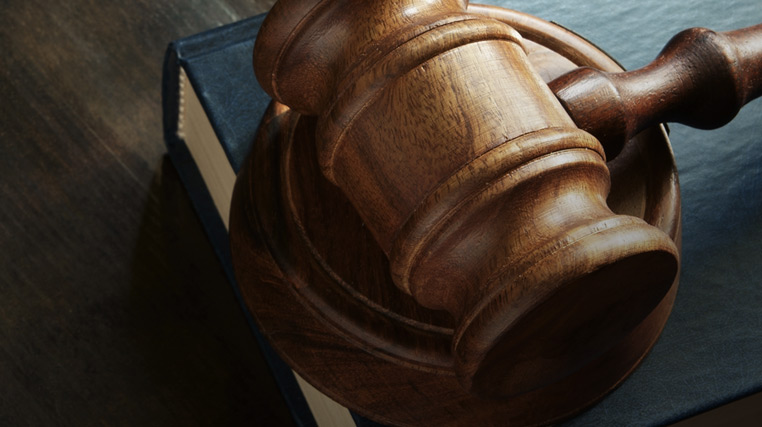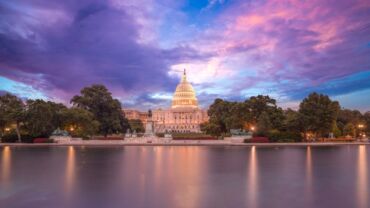A new ruling from the Florida State Supreme Court could have an impact on lawyer training and education, especially for attorneys from underrepresented communities
In April 2021, the Florida Supreme Court blocked the Florida’s State Bar Association’s Business Law Section’s CLE Diversity Policy, which was implemented to ensure that lawyers from underrepresented communities had fair access to faculty slots got continuing legal education (CLE).
The rule adopted by the Florida Bar’s Business Law section reflects the American Bar Associations (ABA) policy that went into effect in March 2017, which promotes diversity by ensuring that individual CLE programs include representation from one or more “diverse” groups, defined as “race, ethnicity, gender, sexual orientation, gender identity, and disability.” Both policies were implemented to eliminate bias, increase diversity, and implement tactics aimed at recruiting and retaining diverse attorneys.
Potential implications for Florida lawyers
While the overall purpose of the CLE Diversity Policy is to expand the pool of talent that teaches CLEs, the Court’s ruling has significant potential implications for talent within the legal industry.
Limiting access to high-quality CLE education for Florida-based lawyers — The Court’s decision puts attorneys in Florida at a disadvantage because they cannot get credit for ABA’s new CLE programs. Lawyers in Florida are required to obtain 33 CLE credits every 3 years, and according to the ABA’s policy, it “will not sponsor, co-sponsor or seek CLE accreditation for any program failing to comply with this policy unless an exception or appeal is granted.” As a result, the language in the ruling punishes Florida-based lawyers and causes “unnecessary hardship and inconvenience to Florida lawyers” because they have to go elsewhere to obtain CLE credits, some of which are highly specialized and only offered by the ABA, according to a comment filed on the ruling.
Impacting composition of speakers panels — Demonstrating expertise through speaking is a common tactic for career advancement, and the ability to speak on panels is one of the primary ways lawyers use to do that. The original ABA policy sought to increase access to these opportunities for lawyers from underrepresented communities. Yet, the Florida Supreme Court’s ruling may make this effort more difficult.
“The rule effectively puts the onus on each Florida lawyer to determine whether the composition of the speaking panel at a CLE program under consideration ‘uses quotas’ within the meaning of the rule,” noted the Association of Professional Responsibility Lawyers (APRL) in its comments to the Court’s decision.
Additional unintended consequences
Other potential negative outcomes are also possible.
The broader message sent to Florida-based underrepresented attorneys — The Florida Supreme Court puts its bar in the uncomfortable position of being greatly detached from the diversity, equity, and inclusion (DEI) trend lines and goals across the profession. In addition, the broader message implies additional unintended consequences, such as:
-
-
- the flight of attorneys from underrepresented backgrounds to other more progressive jurisdictions, further exacerbating a recognized problem in Florida and the industry, generally; and
- decreased legal representation for those marginalized communities by members of the bar from those communities.
-
Increased litigation — The Florida Supreme Court’s move could lead to more matters coming before the Court concerning the ruling. How is an impermissible quota determined? Is it explicit or implicit? Actual or constructive? This presents opportunities for communities who wield power unfairly to continue to exert such power in new ways.
Addressing the argument that the rule promotes “discrimination”
In its ruling, the Florida Supreme Court stated: “It is essential that the Florida Bar withhold its approval from continuing legal education programs that are tainted by such discrimination.”
However, Ann Jenrette-Thomas, Chief Diversity and Inclusion Officer at Stinson, frames the policy this way: “The Florida CLE Diversity Policy is a policy of inclusion, not exclusion and not quotas. For example, if four non-diverse panelists are interested in presenting on a topic, they can reach out to a fifth diverse panelist to join them. In this scenario, no one is denied the opportunity to be on a panel. Under the Court’s ruling, diverse panelists are likely to be excluded because people’s implicit biases may cause them not to think of diverse panelists in the first place. This results in the status quo being maintained, making it harder for diverse attorneys to get the career-enhancing opportunities they need to succeed.”
Moreover, the Florida Bar CLE Diversity Policy provides an exception mechanism for circumstances when this goal cannot be readily satisfied. In its comments to the Court , the APRL argued that “a more diverse panel has the potential to appeal to a broader audience, which would drive the goal of encouraging participation in CLE programs and ideally expanding interest in bar organizations at a time when membership is on the decline everywhere.”
Once the deadline passes for public comments on July 15, the Court will decide how to proceed. Specifically, if the ruling stands, it is incumbent on the Court to offer a workaround since it issued this ruling sua sponte, without presentation of adversarial positions. If it took the unsolicited opportunity to strike down the rule, it could be argued that it has the moral obligation to provide a solution.







